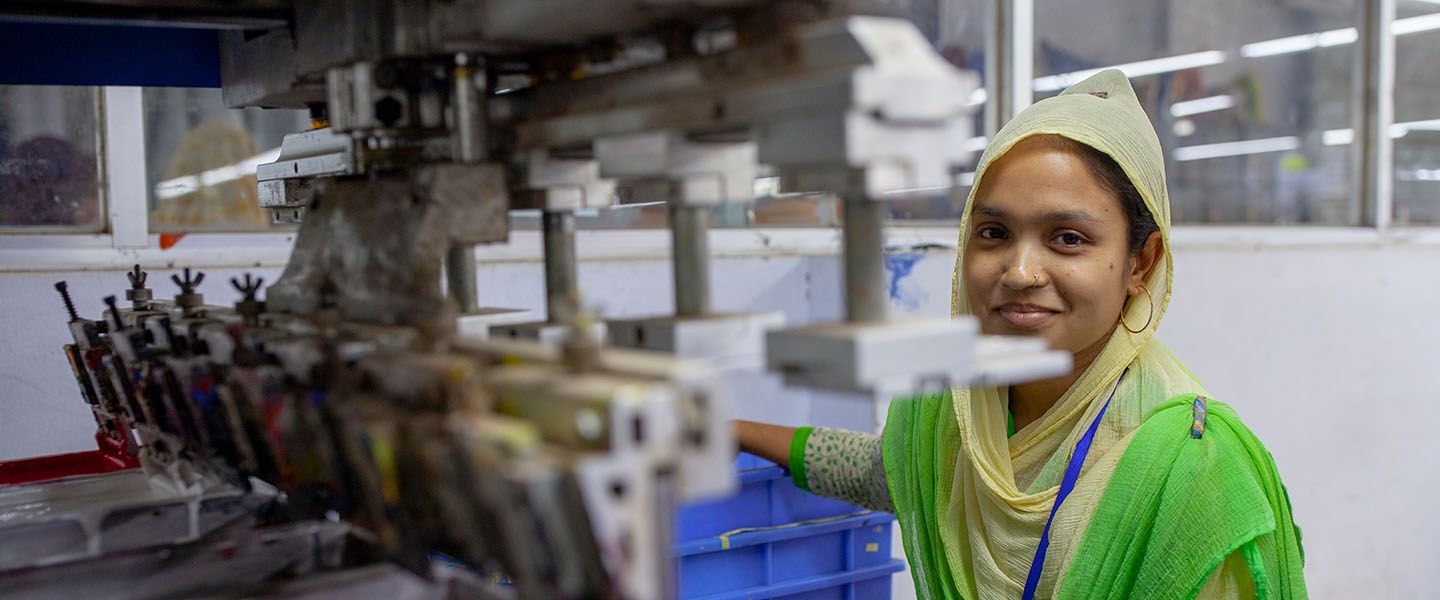While the International Bank for Reconstruction and Development (IBRD) raises most of its funds on the world's financial markets, IDA is funded largely by contributions from the governments of its richer member countries. Additional funds come from IBRD's and International Finance Corporation's (IFC) income and from borrowers' repayments of earlier IDA credits.
Partners meet every three years to replenish IDA funds and review IDA’s policies. Due to the urgent development needs of IDA countries, the replenishment was advanced by one year. The most recent replenishment of IDA’s resources, the twentieth (IDA20), was finalized in December 2021, resulting in a historic $93 billion financing package for IDA countries for fiscal years 2022-2025. The financing package is the largest ever mobilized in IDA’s 61-year history.
The ongoing pandemic is worsening poverty, undermining growth, and jeopardizing the prospects of a resilient and inclusive development. Countries are struggling with falling government revenues; increasing debt vulnerabilities; rising risks to fragility, conflict, and instability; and dropping literacy rates. About a third of IDA countries are facing a looming food crisis.
To help countries build back greener, a substantial portion of these funds go to tackling climate change, with a focus on helping countries to adapt to rising climate impacts and preserve biodiversity. IDA will also deepen support to countries to better prepare for future crises, including pandemics, financial shocks, and natural hazards. While IDA20 will support countries globally, resources are increasingly benefiting Africa, which will receive about 70 percent of the funding.
The IDA20 program has more ambitious policy commitments that will support countries in prioritizing investments in human capital, covering issues such as education, health and nutrition, vaccines, safety nets, and support for people with disabilities. IDA will also increase its ambition in addressing other major development challenges such as gender inequality, job creation, and situations of fragility, conflict and violence, including in the Sahel, the Lake Chad region, and the Horn of Africa. A continued emphasis on governance and institutions, debt sustainability, and digital infrastructure interventions will help foster economic and social inclusion.

